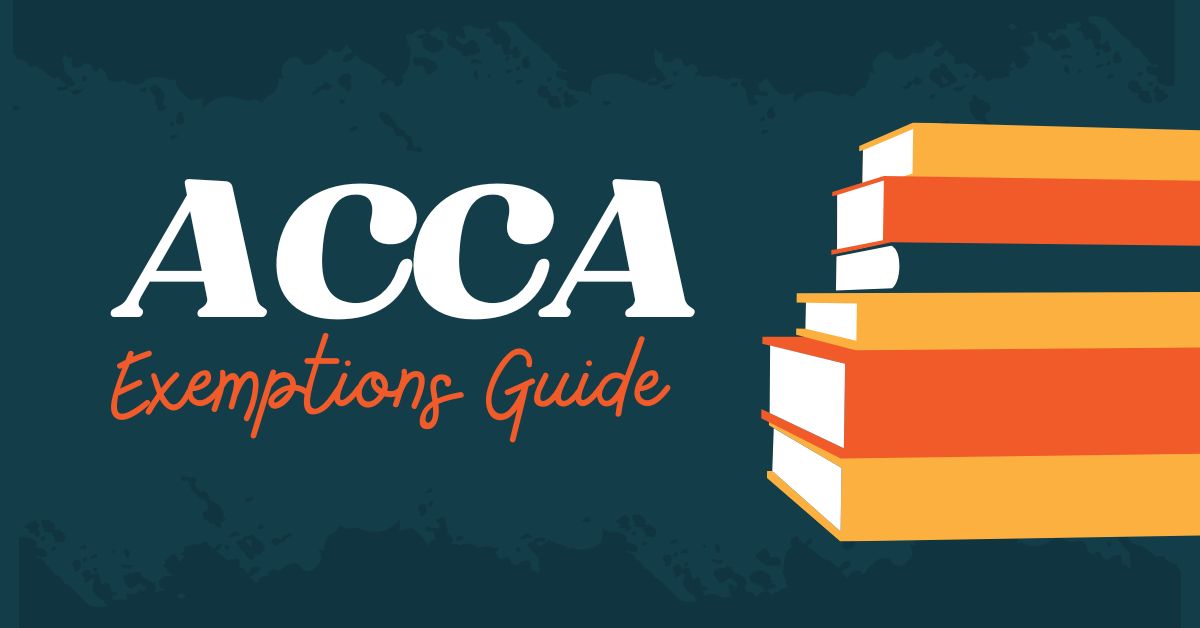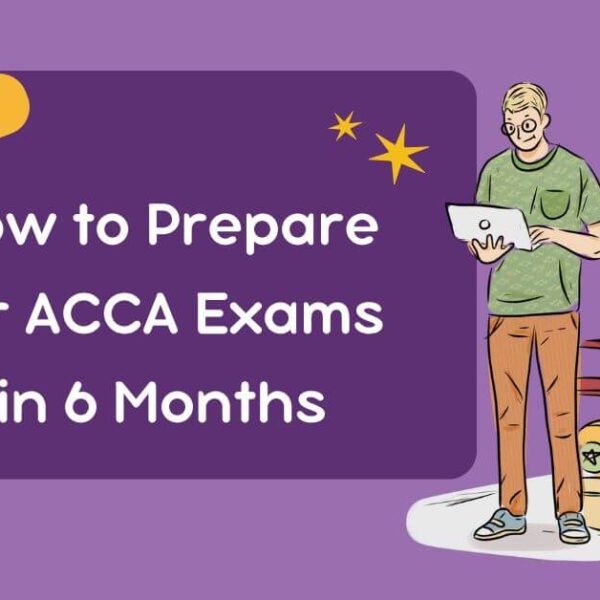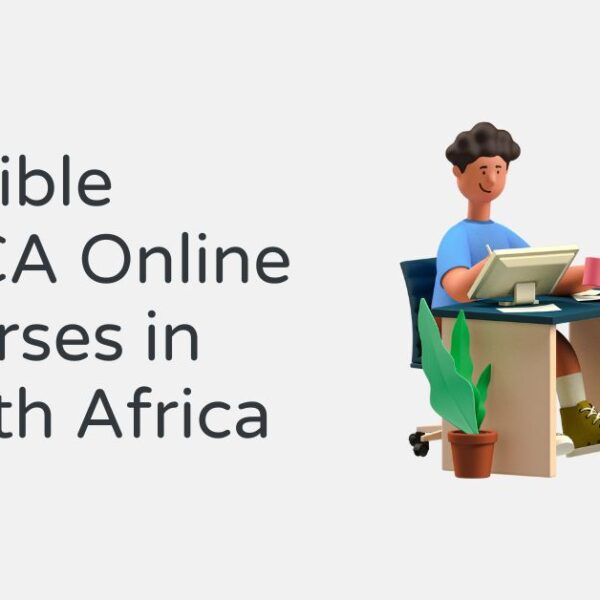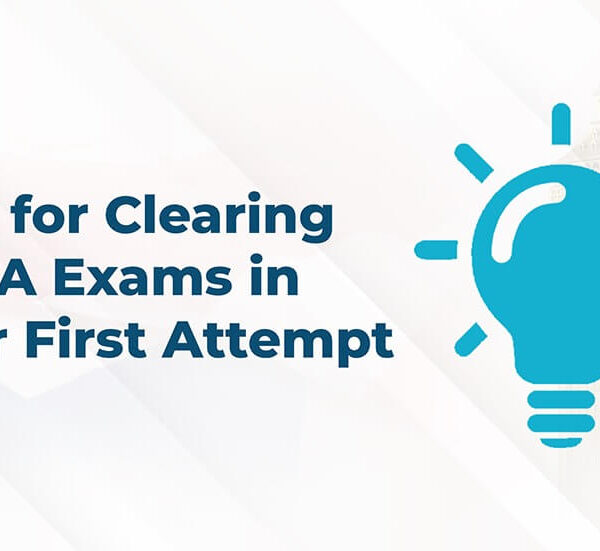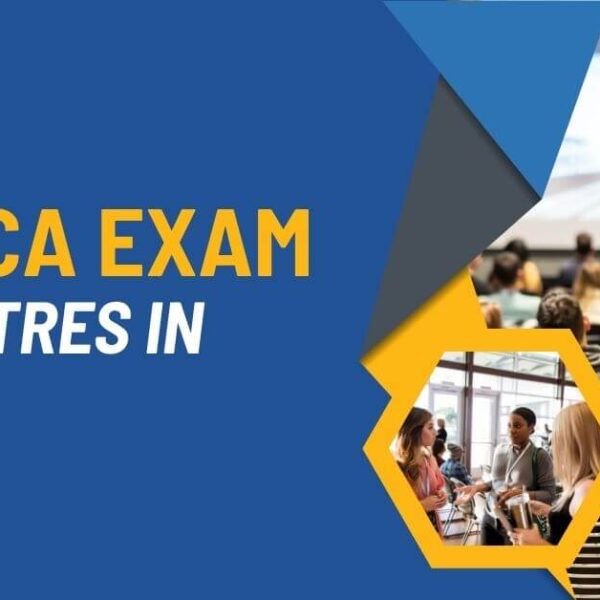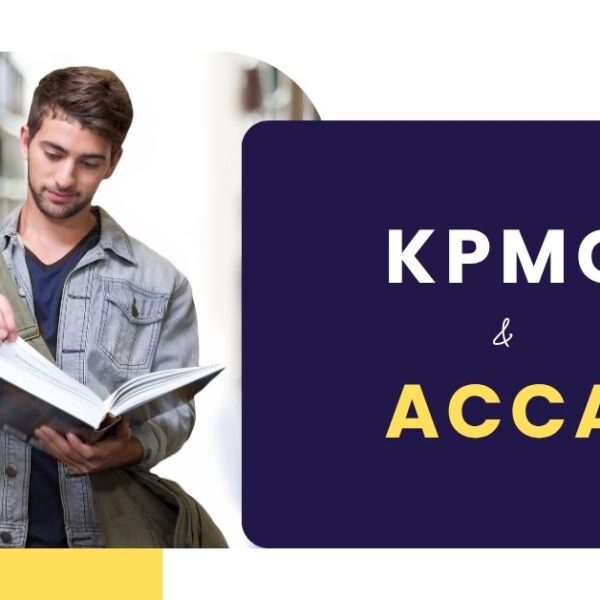ACCA exemptions can significantly accelerate your path to qualification while reducing costs and study time. For students in Mauritius with prior educational qualifications or professional experience, understanding the exemption system is crucial for optimising your ACCA journey.
Understanding ACCA Exemptions
ACCA exemptions enable students to skip specific examinations based on their prior learning and qualifications. When ACCA grants an exemption, you skip the examination for that paper, receive credit toward your qualification, save time and money on registration and study, progress faster through qualification levels, but still need to demonstrate knowledge if gaps exist.
Academic exemptions are based on degree-level study in relevant subjects from recognised institutions. Professional exemptions are granted for prior professional accounting qualifications and certifications. Foundation exemptions are available through ACCA’s own Foundations in Accountancy programmes.
Exemptions for Mauritian Qualifications
University of Mauritius
The University of Mauritius accounting and business programmes are well-recognised by ACCA, offering substantial exemption opportunities.
Bachelor of Accounting (Hons) typically grants up to 9 papers including BT (Business and Technology), MA (Management Accounting), FA (Financial Accounting), LW (Corporate and Business Law), PM (Performance Management), TX (Taxation) depending on curriculum, FR (Financial Reporting), AA (Audit and Assurance) depending on modules studied, and FM (Financial Management) subject to specific requirements.
A Bachelor of Finance (Hons) typically comprises 5-7 papers, including BT, MA, FA, PM, and FM, with additional exemptions available based on elective modules.
A Bachelor of Business Administration typically grants 1-3 papers, including BT, with additional exemptions depending on the specialisation and modules.
Other Mauritian Institutions
Middlesex University Mauritius business and accounting degrees follow similar exemption patterns to those of Middlesex University in the UK, with accounting degrees granting up to 9 exemptions and business degrees providing 1-5 exemptions, depending on specialisation.
The Charles Telfair Institute diploma and degree programmes typically offer accounting diplomas with 3-6 exemptions, business diplomas with 1-3 exemptions, and degree programmes that vary based on curriculum alignment.
Other private institutions in Mauritius offer programmes with varying exemptions, requiring qualification verification, consideration of curriculum changes that may affect exemptions, and individual assessment in some cases.
International Qualifications Popular in Mauritius
South African Qualifications
Many Mauritian students pursue South African qualifications due to regional connections. The University of South Africa (UNISA) offers Bachelor of Accounting Sciences students up to 9 exemptions, while Bachelor of Commerce (Accounting) students are eligible for 5-8 exemptions, depending on the modules completed. Other South African universities, including the University of Stellenbosch, the University of the Witwatersrand, and the University of Cape Town, generally offer 6-9 exemptions for accounting degrees.
UK Qualifications
AAT (Association of Accounting Technicians) Level 4 qualification typically grants six exemptions covering BT, MA, FA, LW, PM, and TX. UK university accounting degrees normally provide 6-9 exemptions, depending on the institution, while business degrees offer 1-5 exemptions based on the specific modules studied.
Indian Qualifications
CA (Chartered Accountant) India offers different exemptions by level: CA Foundation typically provides three exemptions, CA Intermediate grants up to 6 exemptions, and CA Final may qualify for advanced standing. Other Indian professional qualifications include CMA India, which offers 3-6 exemptions depending on the completion level, and CS India, which typically grants 2-4 exemptions.
Exemption Application Process
Document Preparation and Submission
Required documents typically include official transcripts with grades clearly shown, degree certificates (original or certified copies), syllabus details with programme curriculum and module descriptions, translations if documents aren’t in English, and verification from issuing institutions if required.
The online application process involves creating or accessing a myACCA account, navigating to the exemption application areas, uploading the required documentation, paying assessment fees (currently £126 per qualification assessed), and completing the online processes.
Processing typically takes 20 working days for standard cases, though complex cases may require additional time. ACCA may request further information, and successful applications receive exemption certificates detailing exempted papers.
Strategic Exemption Planning
Maximising Benefits
Consider timing by applying early, before starting ACCA studies, submitting multiple qualifications together, and planning progression to account for how exemptions affect study sequences.
Calculate financial impact through exam fees saved (£89-£198 per exempted paper), study costs avoided for tuition and materials, time value from faster completion, and opportunity cost from earlier career advancement.
Different Scenarios
Fresh graduates with accounting degrees should apply for maximum exemptions immediately, focus their remaining studies on advanced papers, and consider efficient online progression options to maximise their career opportunities.
Working professionals with business degrees should assess the available exemptions from current qualifications, consider pursuing additional qualifications to gain more exemptions, and plan part-time study routes that incorporate exemptions.
Career changers with non-accounting backgrounds should focus on gaining foundational knowledge, consider exemptions only where genuinely qualified, and build systematic understanding through quality providers.
Common Challenges and Solutions
Insufficient Documentation: Contact original institutions for complete records, provide module descriptions and learning outcomes, and submit additional supporting evidence.
Partial Module Alignment: Submit detailed syllabus comparisons, highlight specific topic coverage, and consider whether self-study can bridge gaps.
Older Qualifications: Check current ACCA exemption policies, consider whether additional study is required, and evaluate the currency of knowledge in changing standards environments.
Impact on Learning and Career Planning
Knowledge Gap Management
Review exempted content to understand what you’re skipping, assess current knowledge honestly, and consider relevance since some exempted material may be crucial for advanced papers. Bridge gaps through self-study of exempted material, targeted courses for specific modules, and professional reading to stay current.
Employer Perspectives
Employers appreciate efficiency, as faster qualification completion and reduced training investment lead to cost-effectiveness. Still, they may have concerns about knowledge gaps from a lack of depth in exempted areas and potentially a narrower understanding of accounting fundamentals.
Address concerns by demonstrating competency in exempted areas, pursuing continuous learning through additional education, gaining practical experience across all accounting areas, and maintaining current knowledge through continuing professional development (CPD).
Future-Proofing Your Strategy
ACCA exemptions represent valuable opportunities for Mauritian students to accelerate professional development while reducing time and cost investments. However, a successful exemption strategy requires careful planning, honest assessment of knowledge gaps, and commitment to continuous learning.
Whether studying through online courses or other providers, exemptions can significantly enhance educational efficiency. The key is balancing the benefits of faster progression with the comprehensive knowledge and practical competency required.
Utilise exemptions strategically to become a competent and confident accounting professional capable of adding value in any organisation. Begin by evaluating your current qualifications, understanding the available exemptions, and planning your optimal route to achieving ACCA success.

